News
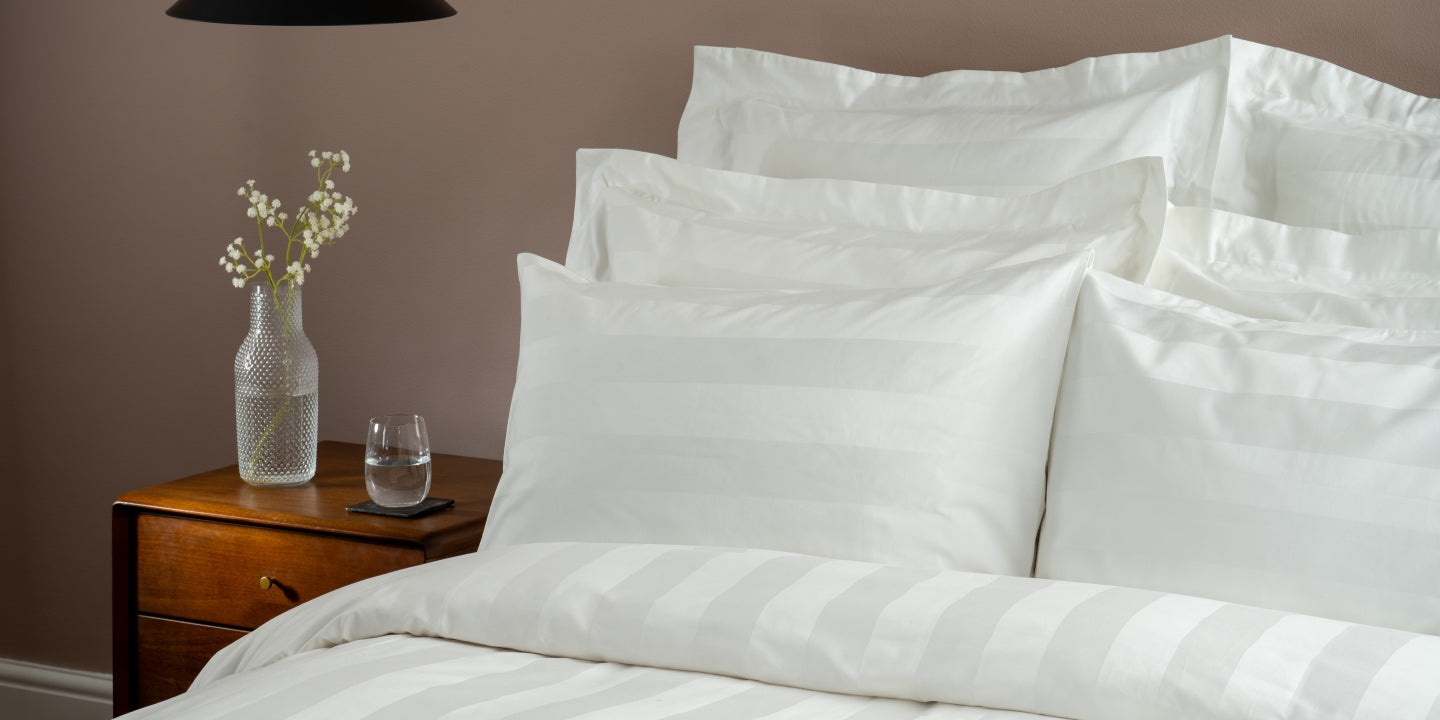
How To Iron Bed Linen
Loving that hotel luxury feeling in your very own home? Learn how to care for and iron your bedding for the very best results.
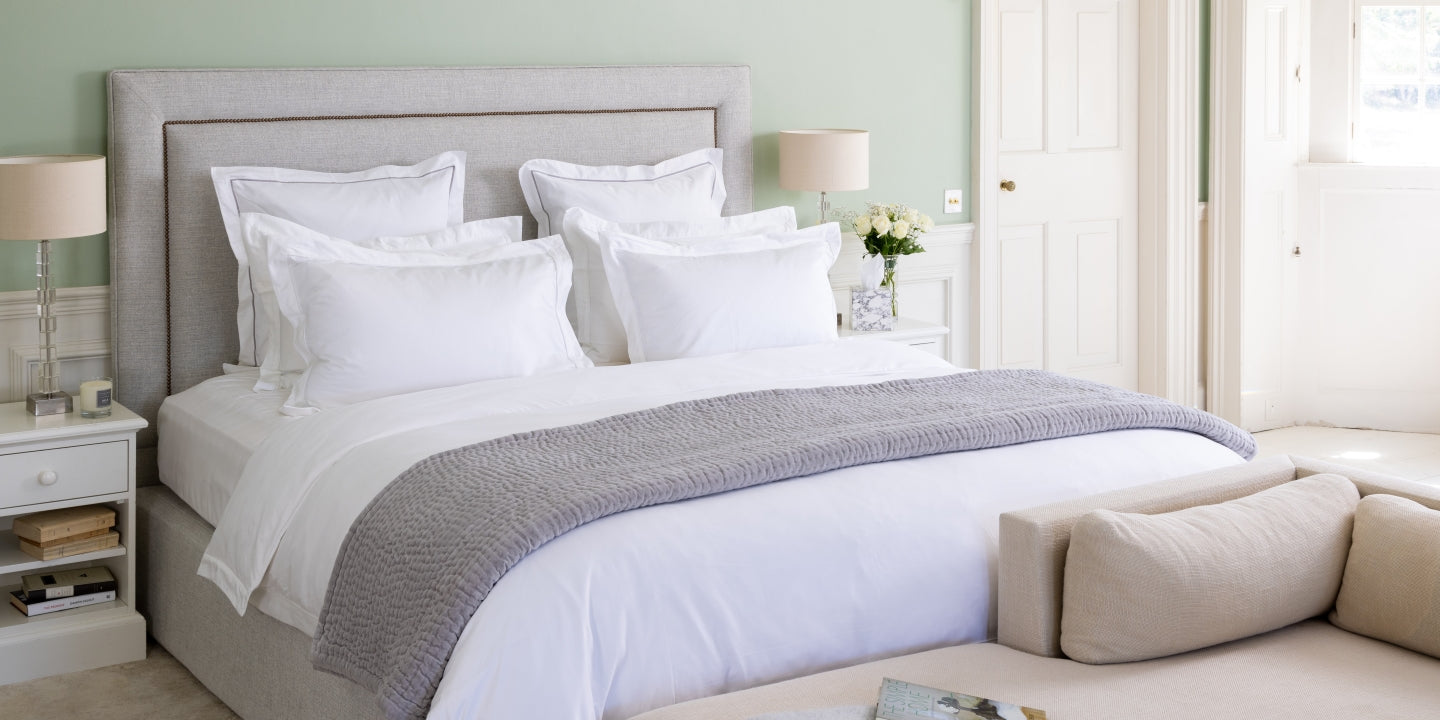
How To Arrange Pillows On A Bed
Learn how to arrange your pillows for a stylish and comfortable finish. A thoughtful touch can transform your bed into that tidy, hotel-quality look in no time.
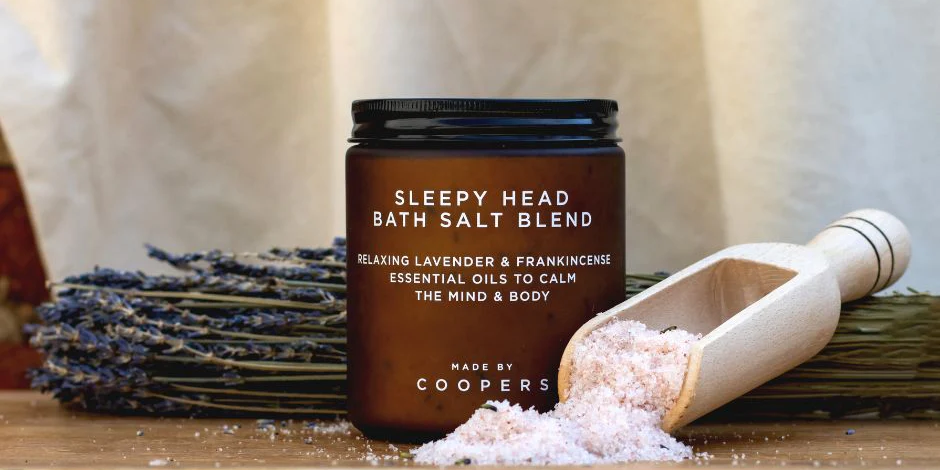
10 Expert-Backed Tips for Better Sleep: Create a Sanctuary of Calm Every Night
Sleep is the foundation of good health - impacting everything from our mood and energy to skin health and immunity. Wellness experts at Made by Coopers tell us more about better sleep through holis...
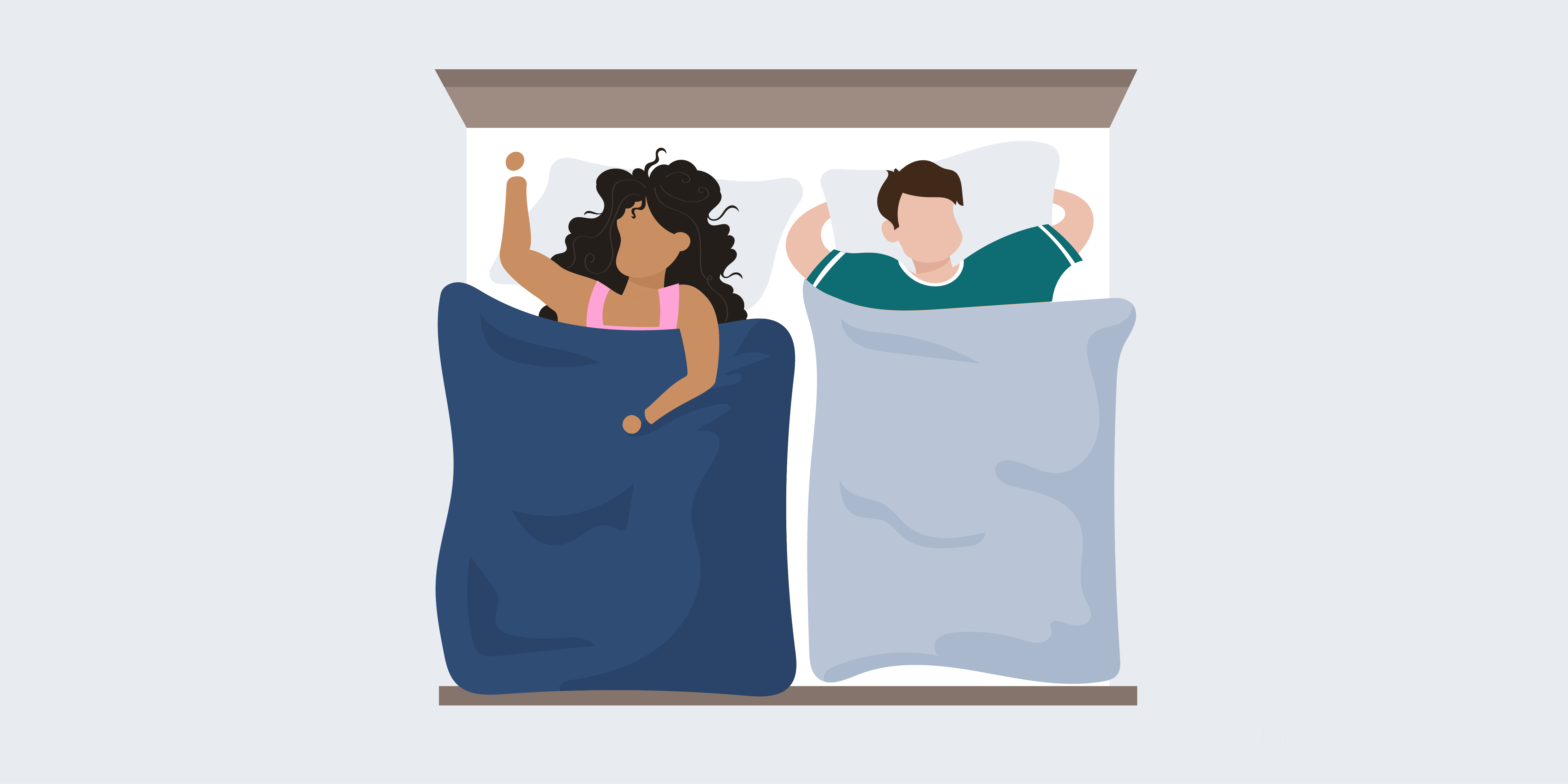
Have you tried the Scandinavian Sleep Method?
If you struggle to sleep with your bed partner, then it might be worth trying the Scandinavian Sleep Method.
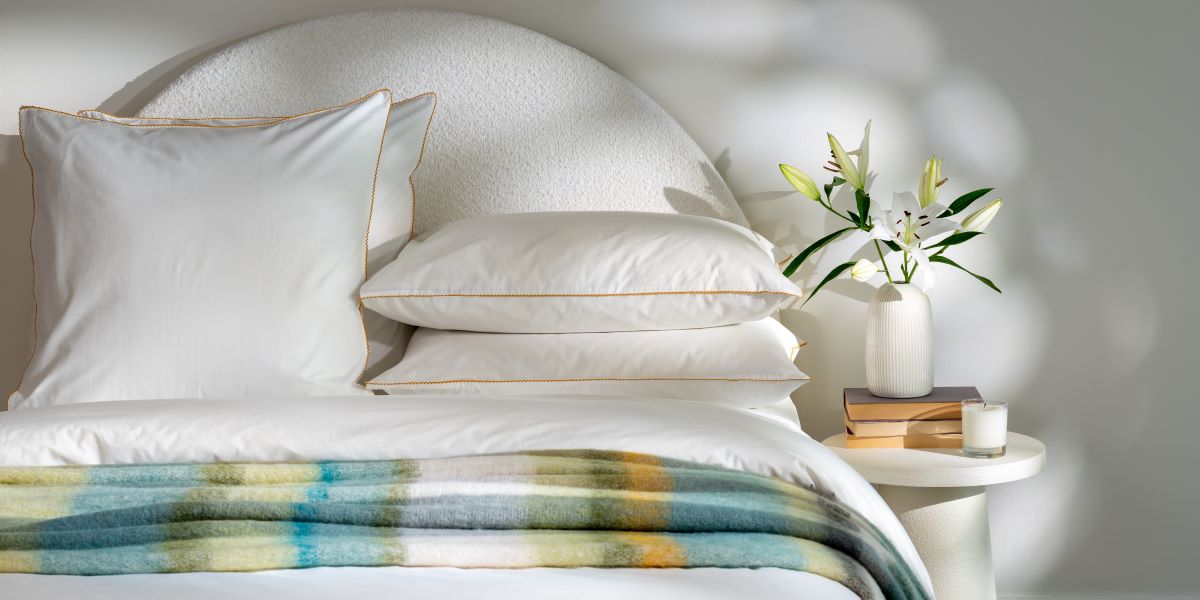
Best colours for your bedroom according to psychology
When you’re choosing a new duvet cover or accessories for your bedroom, what goes through your mind? Do you select colours to suit a certain scheme, such as neutrals or a nautical theme? Or maybe ...
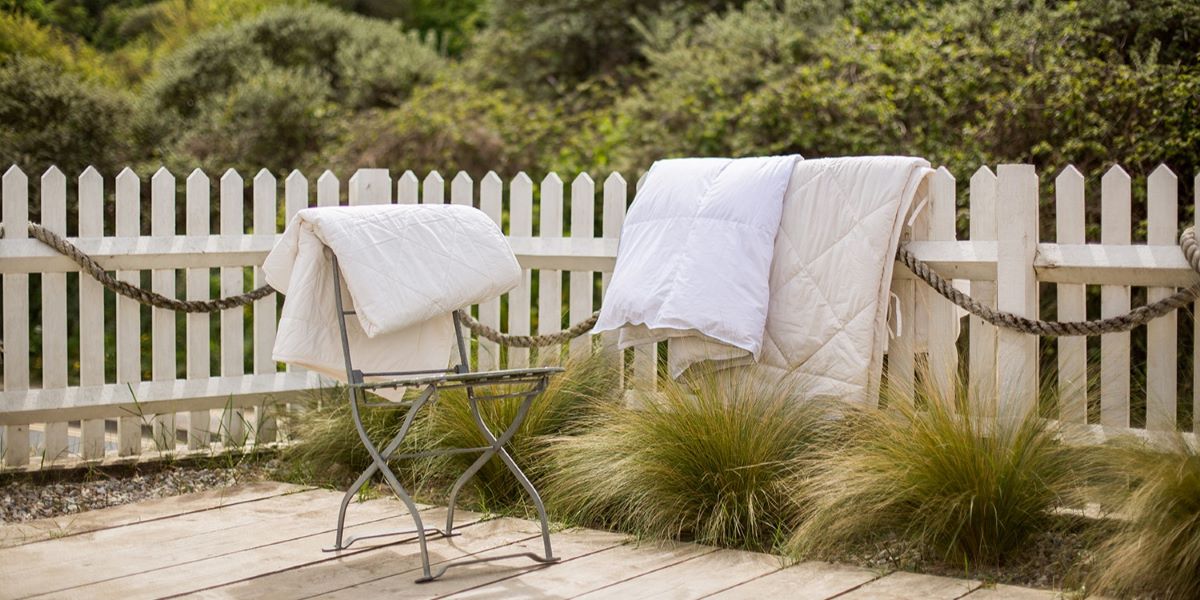
Which Duvet Filling Is Best?
What's the best filling for a duvet?
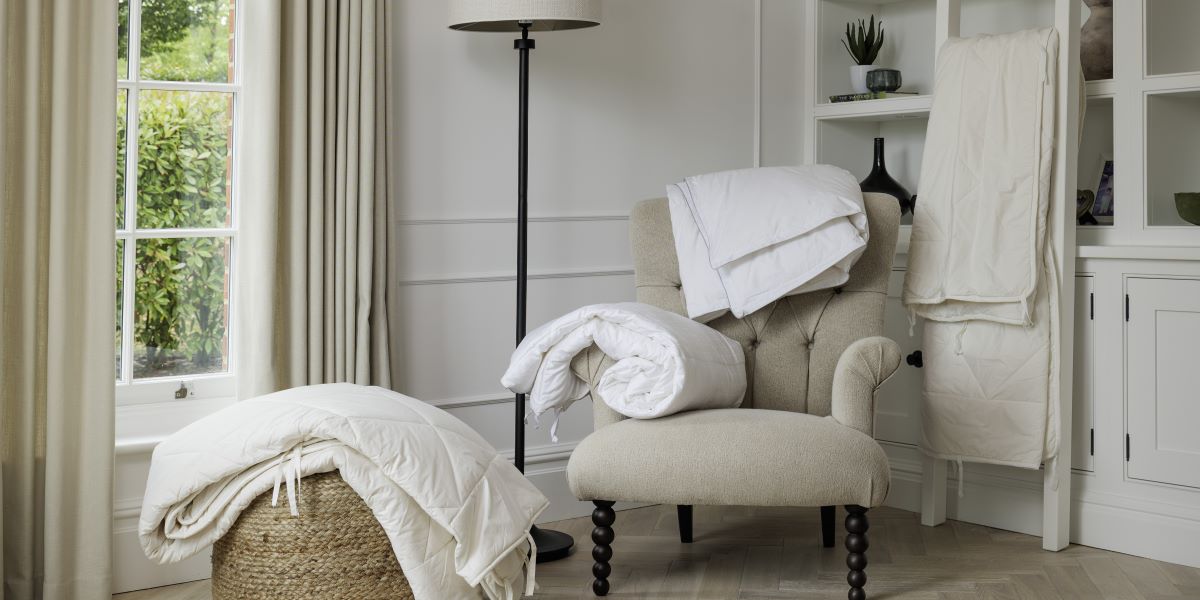
What is the best type of duvet to buy?
In the market for a new duvet? With so many factors to consider and so much choice, it’s easy to feel a little overwhelmed. But wonder no more. We’ll help you pick your way through the bedding jarg...
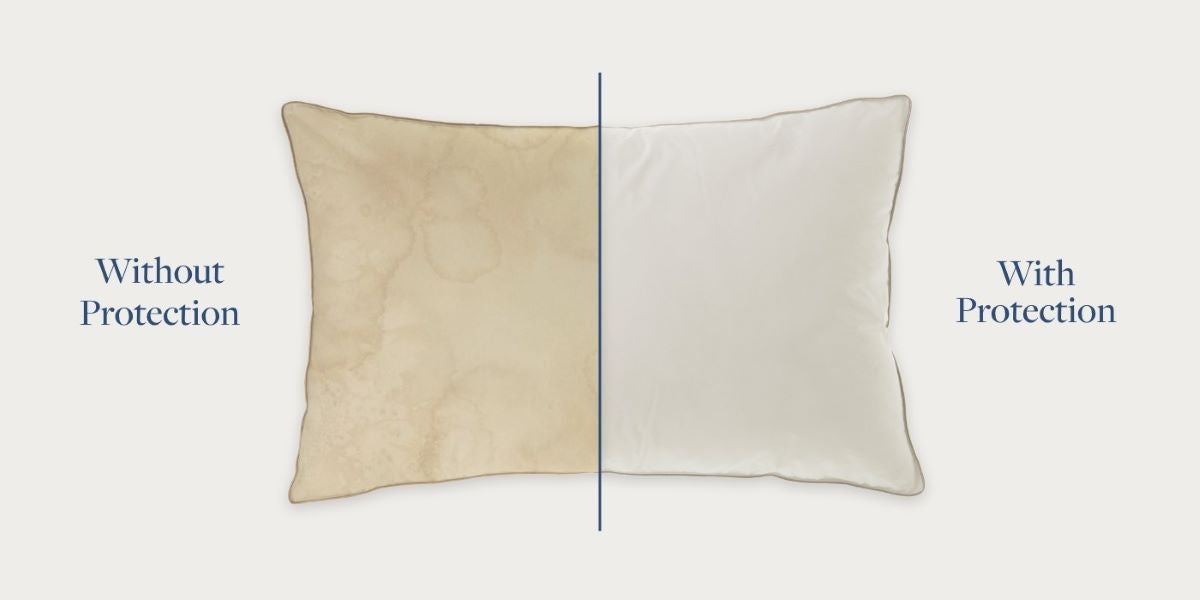
Why Are My Pillows Turning Yellow? Causes & Solutions
Have you ever removed your pillowcase to find unsightly yellow stains on your pillow? You’re not alone. Over time, pillows can turn yellow due to various environmental and sleep-related factors, bu...
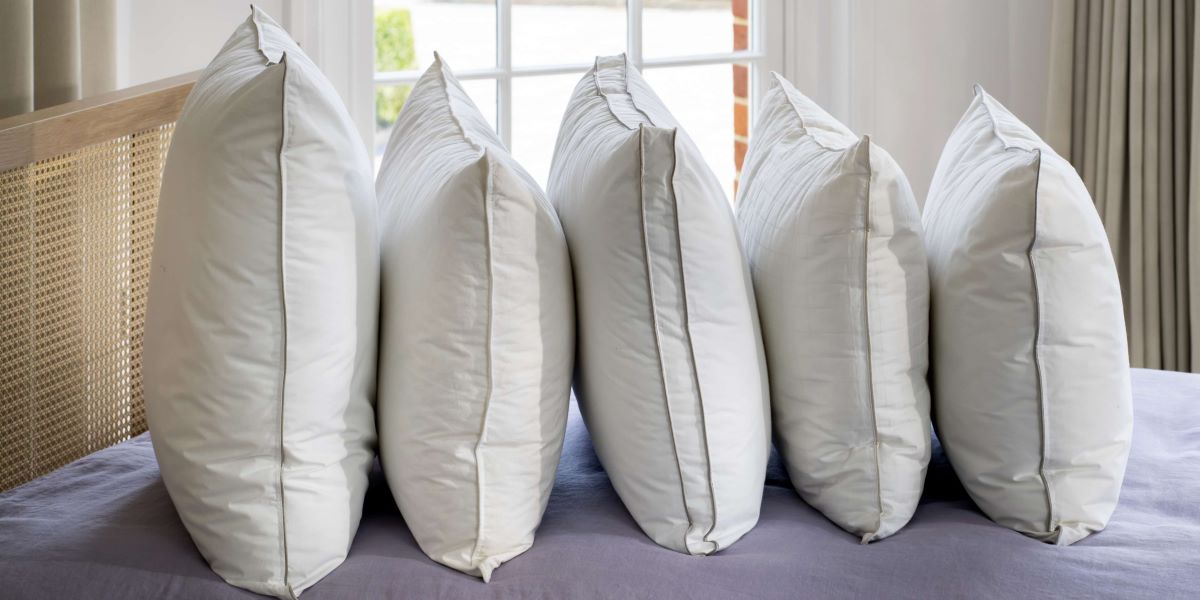
How to Choose the Best Pillow for Sleeping
We all know how incredible it feels to wake up after a great sleep on the perfect pillow. Getting some solid shut-eye plays a key part in your overall health and well-being, and choosing the right ...


